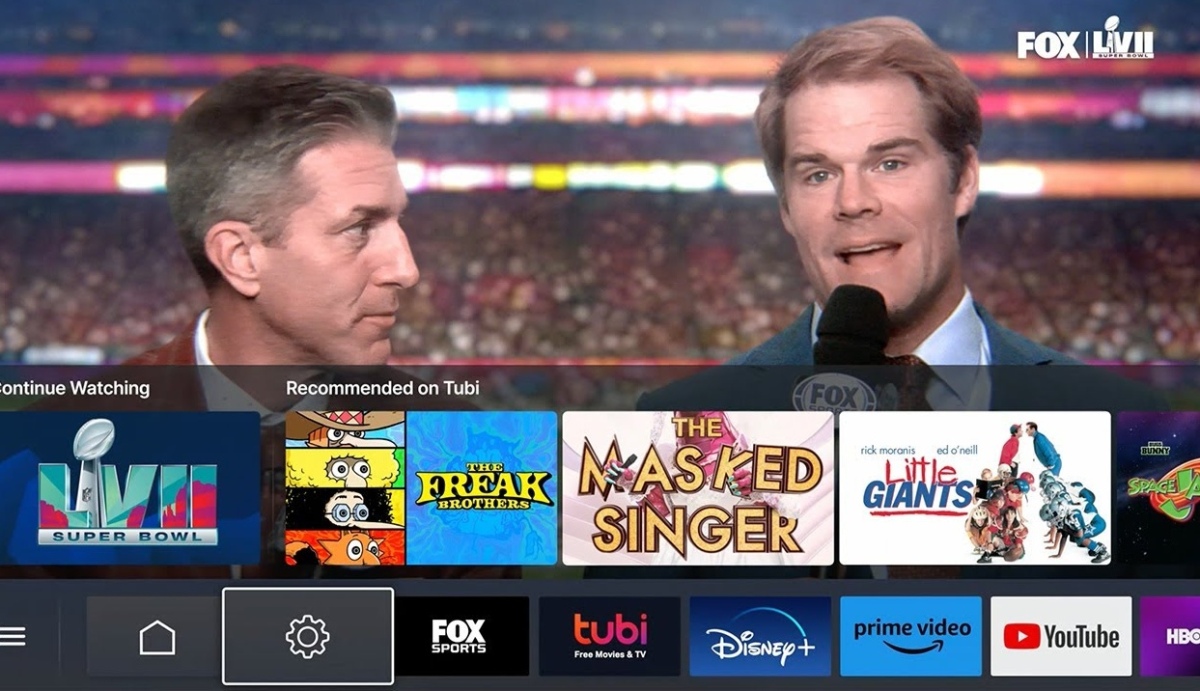Last Sunday, streaming service Tubi produced the most-discussed ad of Super Bowl LVII.
The 15-second ad made it appear that someone had exited the game on their TV to enter the Tubi app.
The fourth-wall-breaking ad worked because it felt real, elicited an emotional response, and created a shared experience. (It also didn’t hurt that it showed how easy it is to use Tubi and what popular content is available.)
Viewers took to social media immediately, further expanding the ad’s reach and generating millions of impressions in earned media.
Searches for Tubi spiked more than 400 percent from the week before.
We love the creativity and understanding of their audience. In an ad scape crowded with celebrities, Tubi proved that you don’t need an A-list endorser for your brand to make a splash.
Switch Up in YouTube Leadership
Longtime YouTube CEO Susan Wojcicki is stepping back from her role, and YouTube’s current chief product officer, Neal Mohan, will replace her.
Wojcicki was part of the original founding of Google (of which YouTube is a division). She rented out her garage to the founders and was the company’s 16th employee.
Mohan has been YouTube’s chief product officer since 2015. He was key to the development of many of Google’s advertising products, including AdWords, AdSense, and DoubleClick, according to The Economic Times.
Critics of Wojcicki online appear to believe that Mohan will be more of the same.
Other news
- Ten years after a father finished writing a novel, his daughter’s TikTok promoting the book went viral, making it a bestseller. Organic marketing FTW.
- This is how social media marketing for the Super Bowl performed in comparison with traditional ads.
- Non-Anheuser-Busch brands ran ads at the Super Bowl for the first time in decades, but alcohol ads failed to live up to the hype.
- Airbnb reported its most profitable Q4 ever after shifting marketing spend from performance channels to brand building, according to Marketing Week.
- More than 1,000 New York Times contributing writers signed a letter voicing concern about anti-trans bias in the publication. Separately, more than 100 LGBTQ rights organizations and leaders, led by GLAAD, signed a letter asking the Times to stop printing biased stories, hold a meeting with the transgender community, and hire trans writers and editors.
The Times dismissed the latter letter, saying it isn’t an advocacy organization, and doubled down that it is proud of its work. It ignored the letter from contributors. Writers and readers of the publication and other news outlets are outraged online.
That’s all for this week‘s Marketing Roundup. Check back in next Friday for more news. And subscribe to our newsletter below for additional updates.




